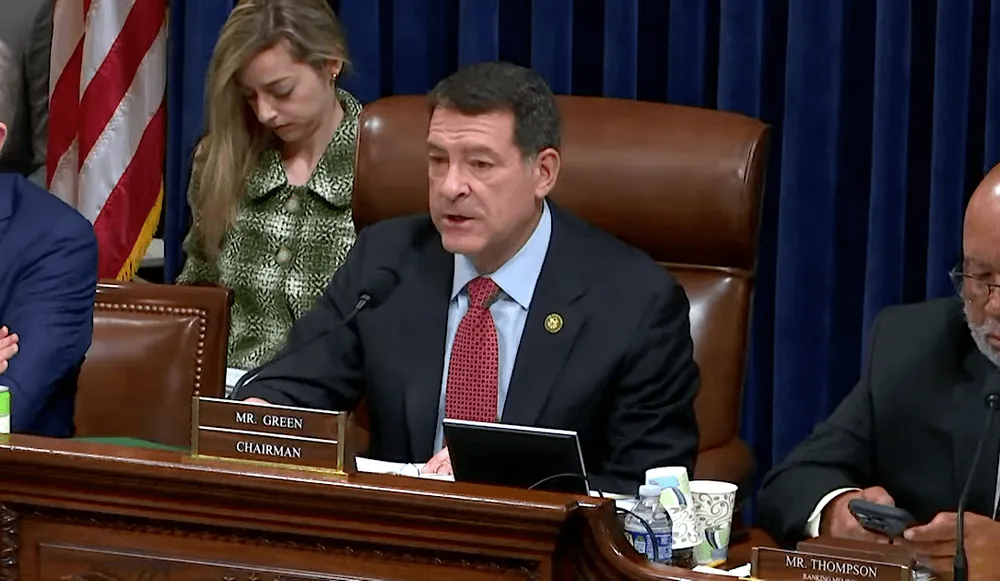Proposal for federal cyber scholarship, with service requirement, returns in House
The chairman of the House Homeland Security Committee will reintroduce legislation on Wednesday to address the country’s digital workforce shortage by creating a new ROTC-like scholarship program for two-year cyber degrees.
The bill’s revival will happen the same day the panel holds a hearing on the widening talent shortfall.
The measure by Mark Green (R-TN) received unanimous support from the committee last year. However, with few legislative days on the calendar due to the 2024 campaign season, the bill expired at the end of the last congressional session.
He calls it the PIVOTT Act, short for Providing Individuals Various Opportunities for Technical Training to Build a Skills-Based Cyber Workforce Act.
The legislation is “as much a priority this cycle as it was toward the end of last cycle,” Green told Recorded Future News during a phone interview this week.
“But it's even more amplified by all the reports in the news about just how pervasive China is in our cyberspace,” he added, referring to the Chinese-linked hacking groups known as Volt Typhoon and Salt Typhoon, which penetrated U.S. critical infrastructure and multiple telecommunications companies.
A committee spokesperson said Mike Rounds (R-SD), a longtime leader on cybersecurity issues, will introduce a companion measure in the Senate.
Under the bill, students at community colleges, technical schools and other institutions with two-year programs would receive scholarships in exchange for two years of government service in a federal, state, local, tribal or territorial cyber job. The program would reside inside the civilian Cybersecurity and Infrastructure Security Agency (CISA).
It also would hasten the security clearance process for the program’s participants, with a goal of putting 10,000 people in the talent pipeline.
“We have to fill the ranks,” said Green, who noted there is an estimated cyber workforce shortage of over 500,000 professionals and counting.
In his written testimony ahead of Wednesday’s hearing, Chris Jones, president and CEO of the Middle Tennessee Electric, called the proposed legislation a “positive step toward addressing the complex and multifaceted difficulties surrounding the cyber workforce in general, and particularly in rural areas.”
Still, the bill’s resurrection comes at a time when members of Green’s own party have raised questions about the future of CISA, claiming its misinformation work in recent years unfairly targeted conservatives.
The Tennessee Republican said that while the agency's core mission is to protect U.S. infrastructure from digital assault, it also “has a role to help in the harmonization” of the country’s siloed cyber defenses.
“As far as I'm concerned, they're critical. And they're the best to manage the cyber workforce development for all of the government,” according to Green.
Martin Matishak
is the senior cybersecurity reporter for The Record. Prior to joining Recorded Future News in 2021, he spent more than five years at Politico, where he covered digital and national security developments across Capitol Hill, the Pentagon and the U.S. intelligence community. He previously was a reporter at The Hill, National Journal Group and Inside Washington Publishers.



